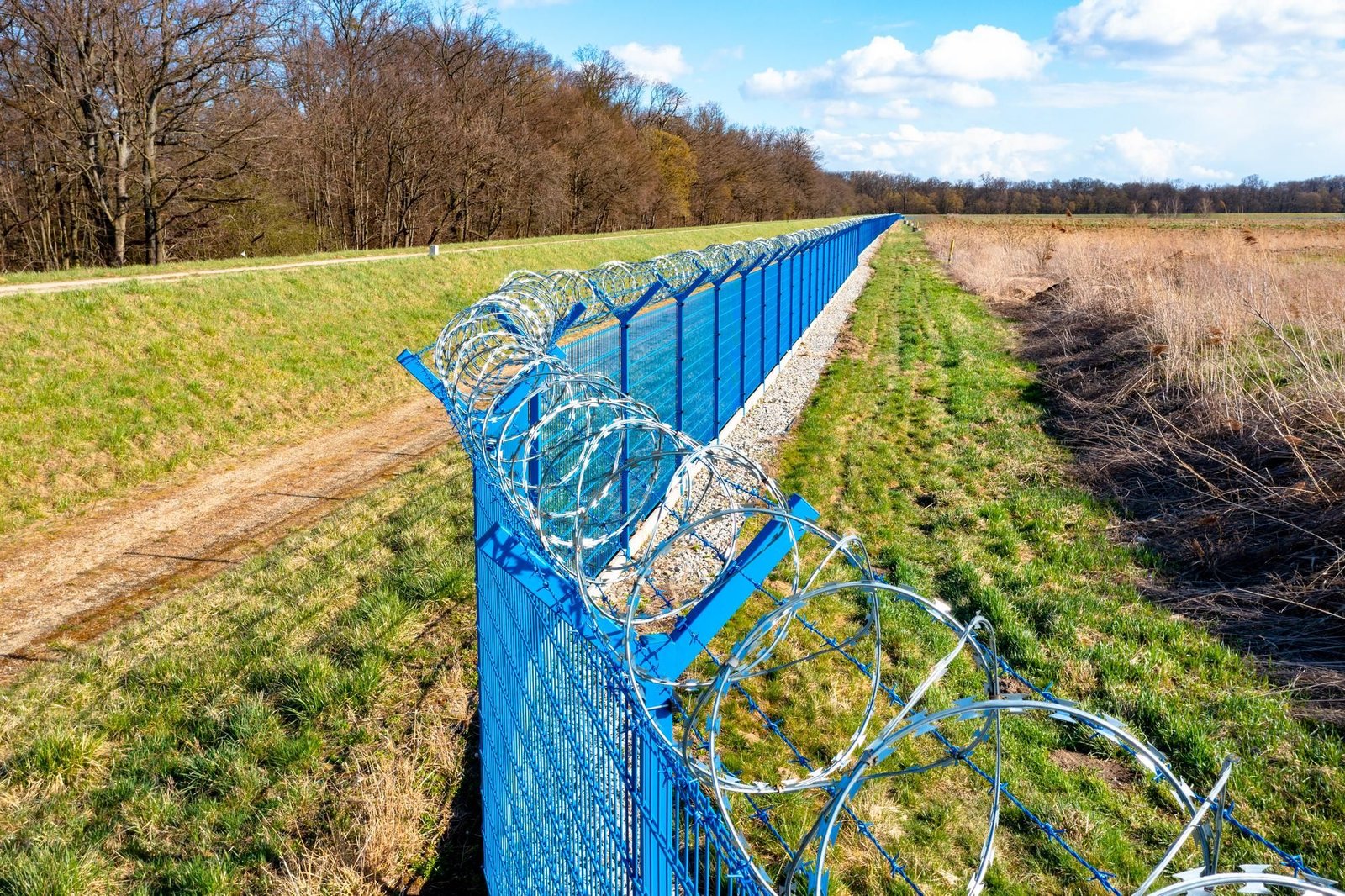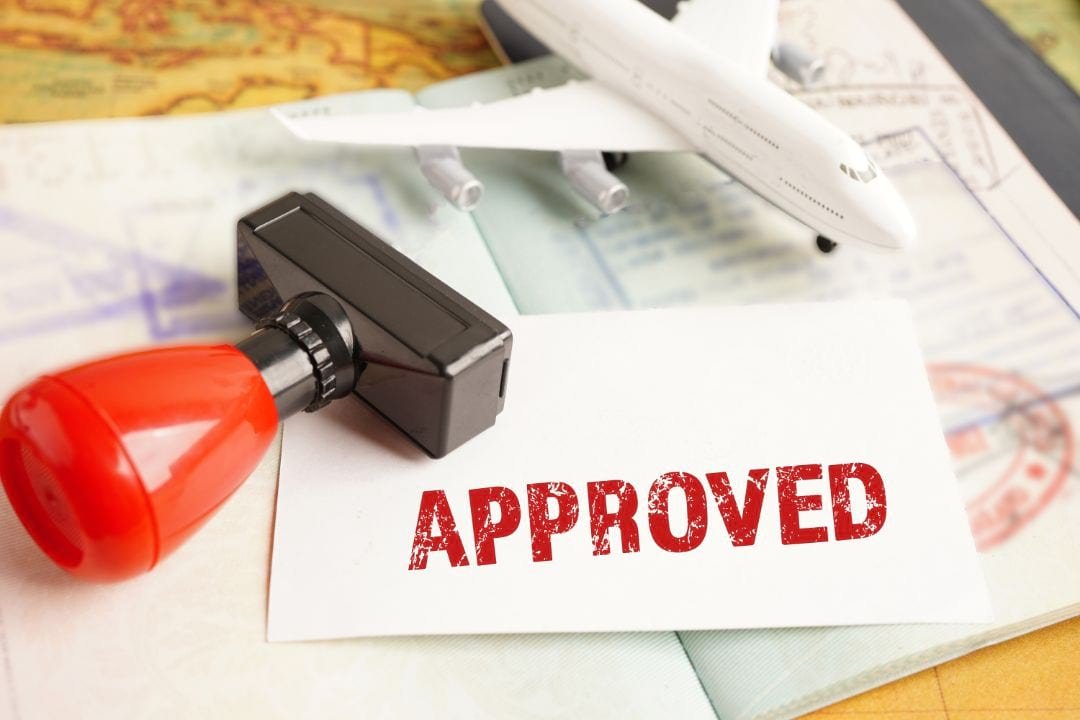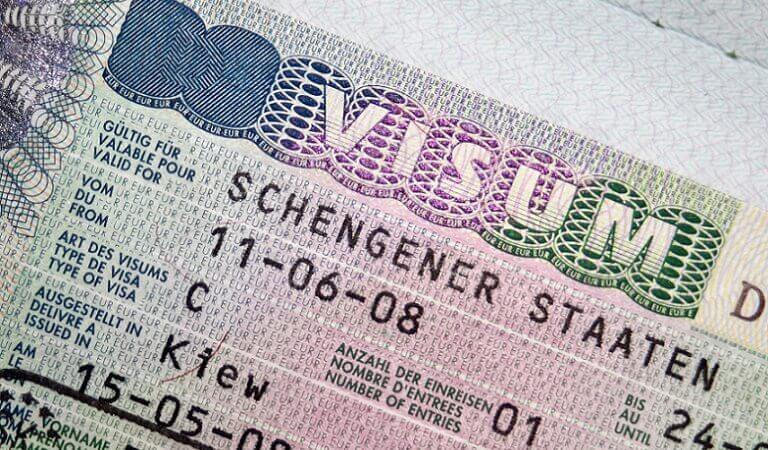

Poland to Build Razor-Wire Wall on Border With Russia’s Kaliningrad Following Safety Concerns
According to Reuters, the construction of this barrier will start immediately, as Mariusz Blaszczak, the Polish Minister of Defence, told at a news conference, also adding that the wall is due to be finalised by the end of 2023, AtoZSerwisPlus.com reports.
The decision to establish this barrier follows tensions with Russia’s military invasion of Ukraine, and Polish authorities suspect that Kremlin is planning to facilitate irregular border crossings by African and Asian migrants in the EU.
The Minister of Defence also said that the measure comes in efforts to strengthen Poland’s security after Russia recently decided to launch flights from North Africa and the Middle East to Kaliningrad.
At present, there haven’t been reports of irregular border crossings in this area.
“The Polish-Russian border is stable and calm. There has been no illegal crossing of the border. We are not only there in times of peace. We are prepared for various crisis situations, and after what happened on the Polish-Belarusian border, we are even more prepared for everything, for all of the darkest scenarios,” Anna Michalska, a Border Guard spokesperson, said.
This barrier is expected to be similar to the other one built last year on the Polish-Belarusian border, which was established after Poland accused Minsk of an instrument to cause destabilisation of the bloc by letting migrants enter the EU. According to Doctors without Borders, at least 21 migrants died trapped on this border. The wall on the border between Poland and Belarus was finalised this June.
Poland and almost all EU Member States are dealing with increasing numbers of irregular border crossings. Frontex, the European Border and Coast Guard Agency, has revealed that 33,380 illegal border crossings were recorded in September, the highest number of detections recorded since 2016, when the EU was dealing with a migration crisis.
“The pressure also remains high on the Central Mediterranean route, with daily arrivals putting strain on the reception capacities in Italy. Frontex supports the Italian authorities with officers for registration and identification of arrivals. In September, about over 7,200 irregular crossings were registered on this route, slightly more (per cent) than in 2021,” the statement by Frontex reads.
Moreover, the rise of the Western Balkan route has become a concern for the EU, as more people are reaching the EU throughout this route. A total of 19,160 people have entered the EU throughout the Western Balkan route, with the main countries of origin of arrivals being Syria, Afghanistan and Turkiye.














